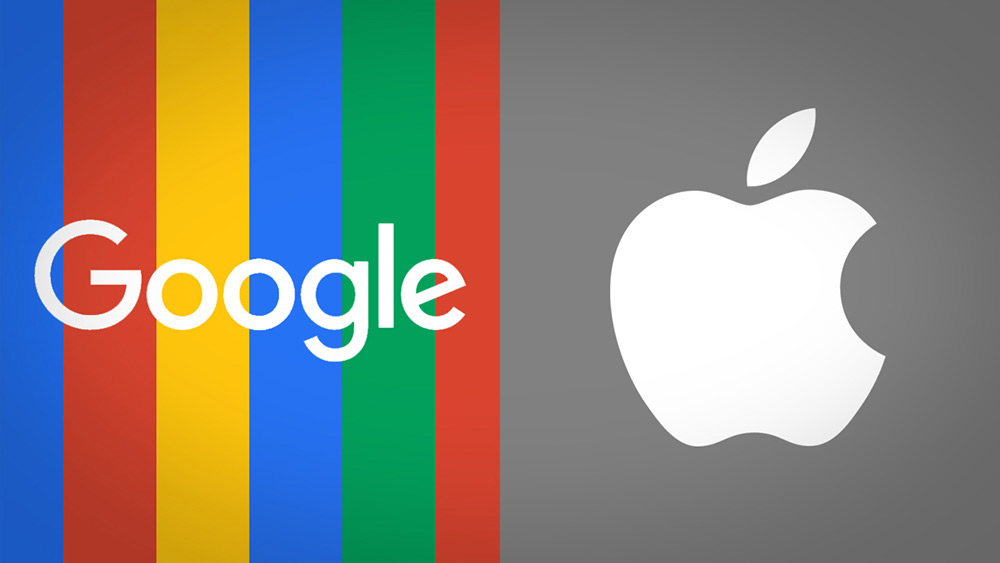advertisement
Google and Apple are combating Covid-19 misinformation
Both Apple and Google have begun cracking down on apps related to the coronavirus. App developers say Apple is rejecting…

Both Apple and Google have begun cracking down on apps related to the coronavirus. App developers say Apple is rejecting any and all coronavirus-related mobile software not from recognized health organizations or the world governments.
Apple appears to be catching new coronavirus-related apps in its manual review process, with one developer telling saying they received a message from the iPhone maker reading, “Apps with information about current medical information need to be submitted by a recognized institution.”
Some well-meaning mobile apps from independent developers that rely on World Health Organization data and information form recognized health institutions are getting caught up in the ban, CNBC reports. That’s because Apple is apparently evaluating whether apps that provide information related to the coronavirus can be trusted sources of information for the public, CNBC says.
advertisement
In this case, it would seem Apple is restricting those trusted sources to only official health organizations and the government. Apple declined to comment for this story.
Right now, few iOS apps related to the virus are appearing in search results or in top app rankings, CNBC reports, although there are existing and mostly benign options available. Those include a “virus tracker” app from a company called Healthlynked, a COVID-19 (the illness caused by the novel coronavirus) app from medical resource company Unbound, and a Portuguese-language app published by the Brazilian government with information about the virus.
As for Android, Google appears to be deliberately blocking search results for the virus and COVID-19, yet we don’t know if the company has an outright ban on new apps related to the coronavirus. Google does, as CNBC points out, have existing policies against apps that deny the existence of “major tragic effects”; apps that “lack reasonable sensitivity towards or capitalize on a natural disaster, atrocity, conflict, death, or other tragic event[s]”; and apps that appear to “profit from a tragic event with no discernible benefit to the victims.”
advertisement
Apps that are found to be in violation of its “sensitive events” policy, outlined above, can be removed as well, so it doesn’t just apply to yet-to-be-published apps still in review.
Apple and Google are far from the only companies taking measures to cut down on content that either peddles misinformation or seeks to take exploit the ongoing outbreak for financial gain. Facebook, the company’s Instagram subsidiary, and Twitter have instituted bans on coronavirus misinformation, and Amazon is currently grappling with waves of new product listings that are exploiting the situation by either claiming to provide cures or protection against COVID-19 or price gouging health items like hand sanitizer and face masks.